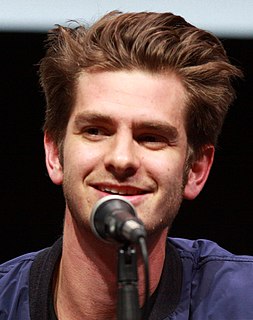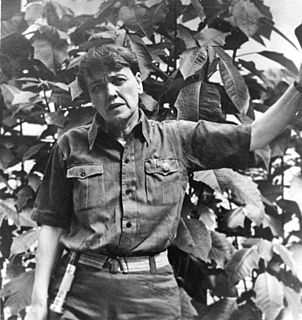A Quote by Billy Bragg
What corporations fear most are consumers who ask questions. Naomi Klein offers us the arguments with which to take on the superbrands.
Related Quotes
The corporations that profit from permanent war need us to be afraid. Fear stops us from objecting to government spending on a bloated military. Fear means we will not ask unpleasant questions of those in power. Fear permits the government to operate in secret. Fear means we are willing to give up our rights and liberties for promises of security. The imposition of fear ensures that the corporations that wrecked the country cannot be challenged. Fear keeps us penned in like livestock.
Consumers will purchase high quality products even if they are expensive, or in other words, even if there are slightly reasonable discount offers, consumers will not purchase products unless they truly understand and are satisfied with the quality. Also, product appeal must be properly communicated to consumers, but advertisements that are pushed on consumers are gradually losing their effect, and we have to take the approach that encourages consumers to retrieve information at their own will.
You shouldn't have asked," I said. "Love doesn't ask many questions, because if we stop to think we become fearful. It's an inexplicable fear; it's difficult even to describe it. Maybe it's the fear of being scorned, of not being accepted, or of breaking the spell. It's ridiculous, but that's the way it is. That's why you don't ask-you act. As you've said many times, you have to take risks.
Most of this film, however, is about interpretation - are these people terrorists or freedom fighters? Are they good or bad? Is cutting timber good or bad? And I don't feel like the answers to those questions are simple, so we don't try to answer them for the audience. I wanted to elicit the strongest - and most heartfelt - arguments from the characters in the film and let those arguments bang up against the strongest arguments of their opponents.
The mathematical question is "Why?" It's always why. And the only way we know how to answer such questions is to come up, from scratch, with these narrative arguments that explain it. So what I want to do with this book is open up this world of mathematical reality, the creatures that we build there, the questions that we ask there, the ways in which we poke and prod (known as problems), and how we can possibly craft these elegant reason-poems.



































